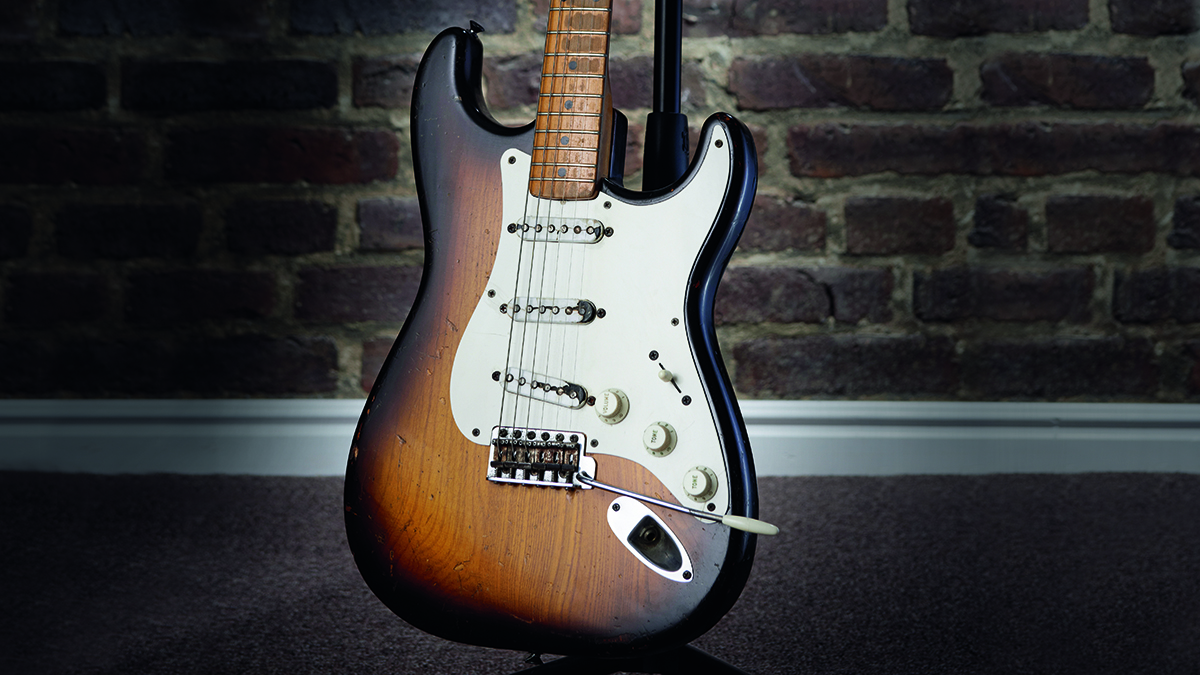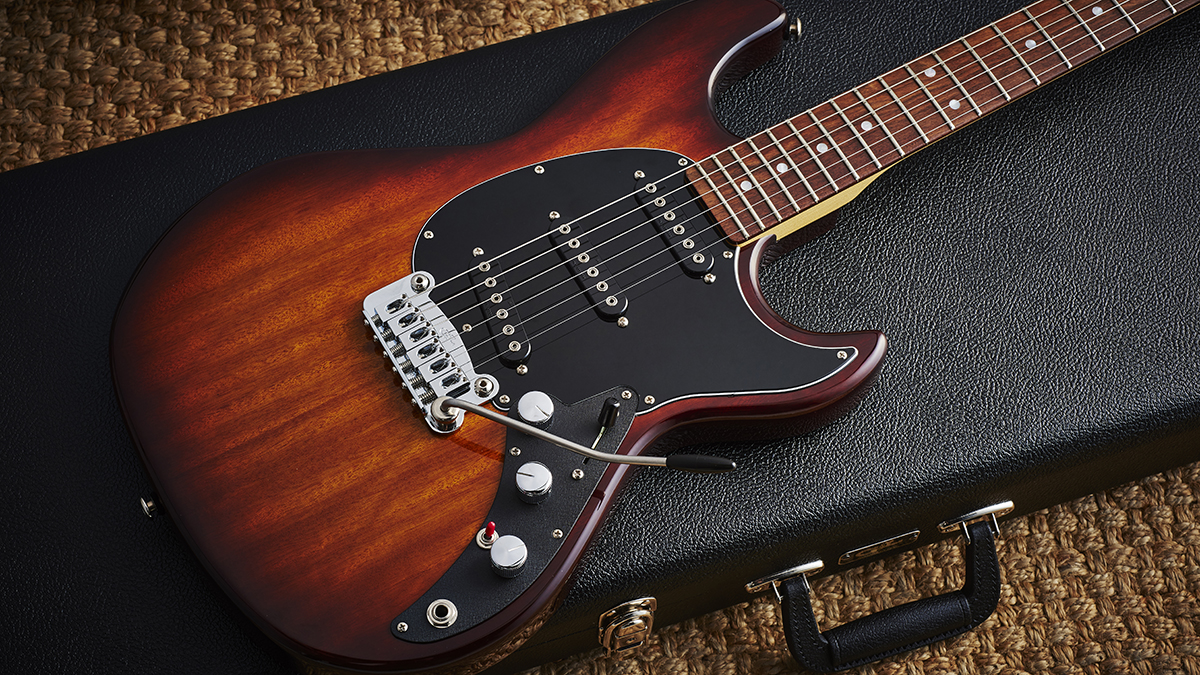“He preferred what was readily available – and affordable. And when he measured responses, he didn’t really see differences between woods”: Leo Fender didn’t think tonewoods made much difference to solidbody guitar tone

The tonewood debate is one of guitardom’s most hotly contested conversations. While one school of thought asserts the tonewood of a guitar has a formative impact on its overall sound, the other camp would say the difference is negligible.
According to a new interview published by Reverb, Leo Fender – the man who helped pioneer the electric guitar as we know it today – sat in the latter category.
In the piece, Reverb sat down with Tim Bailey, a guitar player who befriended Forrest White (the VP at Music Man) in the mid 1970s, when Fender was helping fund the company. By the onset of the ‘80s, Fender had established the G&L brand, and Bailey was invited on a tour of the workshop.
There, Bailey saw the early prototypes of what became G&L’s first instrument, the F-100 – and was given the opportunity to quiz Fender over his guitar-building philosophy.
“I was very much a detail nerd and was interested to know why he chose particular things,” Bailey said, “which I guess he enjoyed being asked because he was forthcoming in his responses.”
One of those “particular things” Bailey asked about concerned the choice of tonewoods. On that subject, the two guitar fans were in agreement: Fender thought different body woods in solidbody electric guitars made minimal difference in tone.

“That’s why he used whatever wood was available for his body blanks,” Bailey recalls. “Over the years, Leo made his guitars out of pine, alder, ash, poplar, mahogany, and so on. When I asked why, he said he preferred what was readily available – and affordable.
Get The Pick Newsletter
All the latest guitar news, interviews, lessons, reviews, deals and more, direct to your inbox!
“And when he measured responses on his scope, he didn’t really see differences between woods. Remember, Leo was partially deaf by then, and he never learned to play a guitar, which may have influenced his feelings on the subject. However, I still agree with him.”
Bailey’s revelation might come as something of a surprise, but it seems Fender’s own thoughts occupy a middle ground in the tonewood debate. Indeed, while he didn’t see tonewood as a make-or-break tonal factor, he seemingly acknowledged a difference did exist – just not a difference large enough to encourage him to compromise on cost or material availability.
That differentiates from the views of modern guitar makers, such as Paul Reed Smith, who is one of the biggest champions of the tonewood school of thought.
Speaking to the Dipped In Tone podcast in 2022, Smith said, “I've heard it over and over and over and over again that the tonewoods don't make any difference whatsoever. It's just not true.”
More recently, Smith spoke to Guitarist, and discussed how tone is ultimately “a complicated equation that tonewoods are a part of”.

Matt is the GuitarWorld.com News Editor. He has a Masters in the guitar, a degree in history, and has spent the last 16 years playing everything from blues and jazz to indie and pop. When he’s not combining his passion for writing and music during his day job, Matt records for a number of UK-based bands and songwriters as a session musician.










